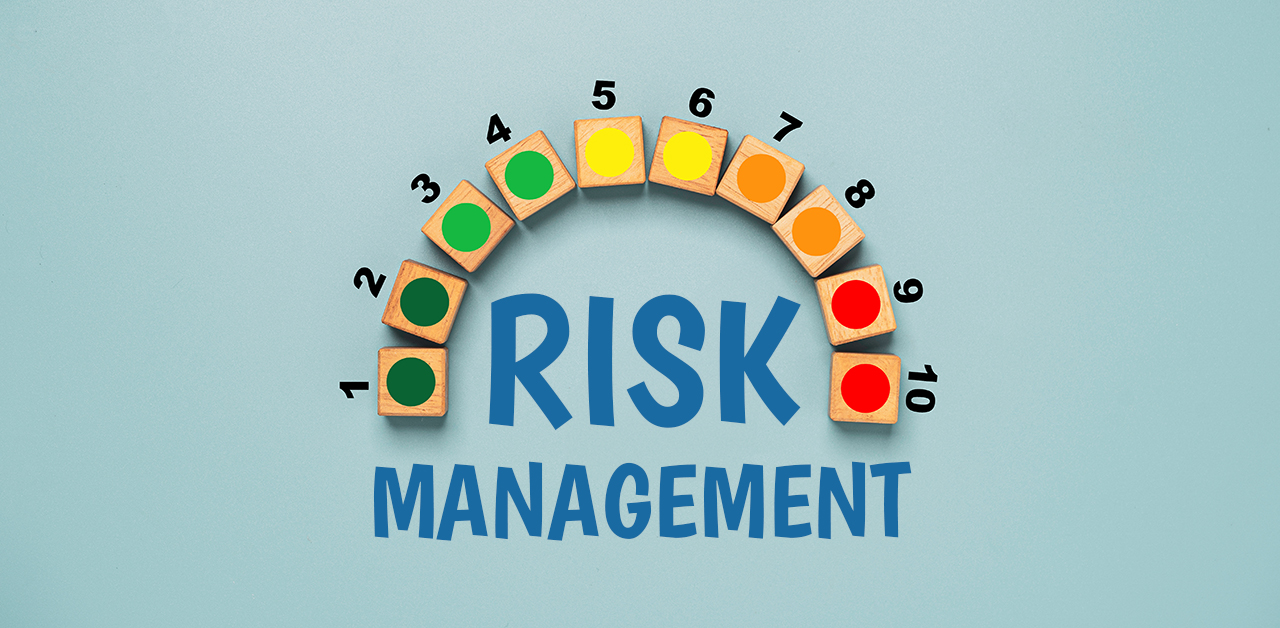For many companies, the rapid and ongoing evolution of technology is a bittersweet experience. On one hand, powerful tools like laptops and tablets can help empower employees and improve workplace efficiency. On the other hand, staying up to date with the latest technology is expensive, and figuring out what to do with your old equipment after you’ve upgraded poses a new set of challenges. Luckily, laptop recycling in Minnesota has come a long way in the past decade. Since the Minnesota Electronics Act was signed into law in 2007, recycling outdated IT assets has provided an unexpected boon for businesses across the country.
Ethically-speaking, reducing harmful e-waste and keeping toxic chemicals out of landfills should be a priority for every organization. But let’s be honest, most companies don’t make big decisions based on ethics alone. From a business standpoint, recycling old IT assets has a myriad of unexpected benefits.If your company is getting ready to order new laptops and hasn’t decided what to do with the old ones yet, here are three reasons why recycling laptops isn’t just the right choice, it’s the smart one:Effective ITAD strategies for Data Centers
In the ever-evolving landscape of data management, businesses frequently encounter the need to retire their data center hardware. Such scenarios often arise when companies decide to shut down all or part of a data center operation. The process of decommissioning a data center is riddled with logistical intricacies, and among these, planning for the disposition of retired assets stands out as a crucial aspect. The dismantling of data center equipment without a well-thought-out strategy for reuse, remarketing, or secure disposal can lead to a host of problems.


